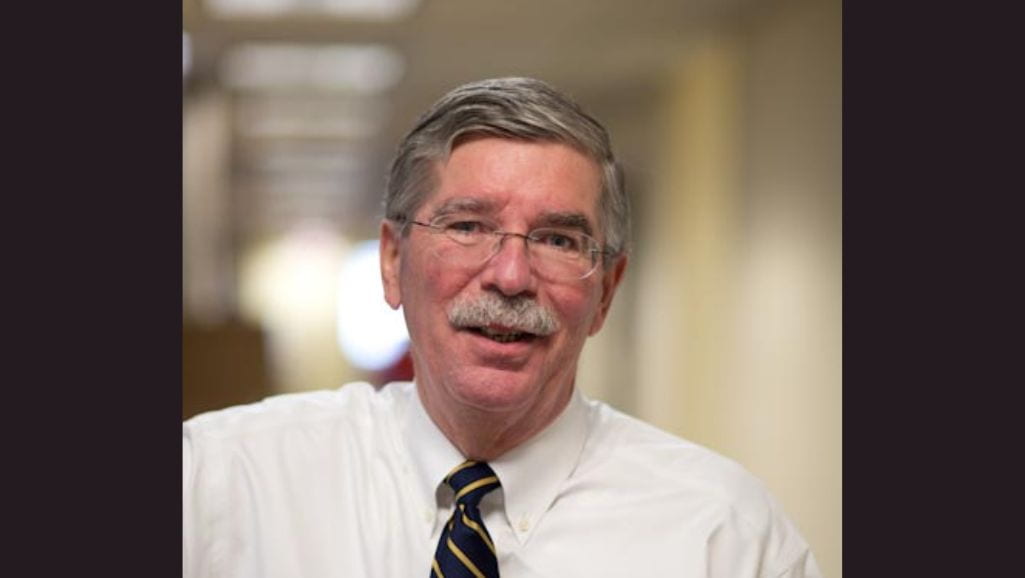How did your interest in health disparities begin?
Having grown up on the south side of Chicago, I was well aware of economic disparities. However, I only became acutely aware of health disparities in my first job after finishing my undergraduate work. To save money for graduate school, I took a position as a case manager in an acute care state hospital, the now-closed Tinley Park Mental Health Center. I was one of several case managers working on a 60-patient inpatient unit. The geographic catchment area for my patients was the south side of Chicago. Other case managers were responsible for patients residing in the south or southwest suburbs. Part of my job was to coordinate post-discharge follow-up care with community-based resources. At that time, community resources in Chicago were few and far between. Community mental health centers were understaffed and overburdened. Patient waitlists were often months long. Housing assistance was nonexistent; housing referrals were often to community homeless shelters. Financial assistance through the State of Illinois or Social Security disability could take months before patients saw any means of support. As a result, readmissions within 30 or 45 days of discharge were common. By contrast, patients residing in the south or southwest suburbs had significantly greater access to follow-up community resources and were significantly less likely to be readmitted.
What are your current research projects?
In addition to the Chicago Chronic Condition Equity Network (C3EN), I am a co-investigator on a community-based research project designed to test strategies to increase rates of colorectal cancer screening, follow-up, and referral-to-care (PI: Karen Kim; Illinois Cares Alliance to Reduce mortality and Enhance Screening). I am co-investigator on a study testing the impact of a chronic kidney disease inpatient referral and education intervention designed to delay progression to end-stage kidney disease (PI: Milda Saunders; Intensive Patient Referral and Education Program prior to Renal Replacement Therapy PREP RRT). I am also co-investigator on a study evaluating the impact of routine diabetes distress screening and supportive intervention on glycemic control among community health center patients (PIs: Arshiya Baig, Danielle Hessler; ARISE – Achieving Routine Intervention and Screening for Emotional Health). I also serve as program evaluator for a Research Education Training Program designed to inspire medical students to pursue careers in diabetes mellitus research (PIs: Arshiya Baig, Marshall Chin; DULCE – Diabetes InqUiry Through a Learning Collaborative Experience). And I am a co-investigator on a study designed to evaluate the impact of an educational intervention designed to promote early colorectal cancer screening among childhood cancer survivors at risk for early onset colorectal cancer (PIs: Tara Henderson, Karen Kim; The ASPIRES Study – Activating Cancer Survivors and their Primary Care Providers to Increase Cancer Screening).
What are you most proud of in your career?
I’ve had a long career. I’ve been with the Department of Medicine at the University of Chicago for over 30 years. In that capacity, I have developed, implemented, evaluated, and disseminated a range of community-based patient education programs designed to impart knowledge, promote chronic disease self-management, improve outcomes, and reduce disparities. Prior to working at the University of Chicago, I taught social psychology at Northern Illinois University. Before that, I did psychological assessment and counseling in a variety of settings. Looking back, I’m most pleased with the opportunities I’ve had to mentor and help students and junior staff to acquire scholarship and research skills.
Do you have any fun facts?
I played minor league baseball with the Lakeland Tigers in Florida in the Summer of 1972.

